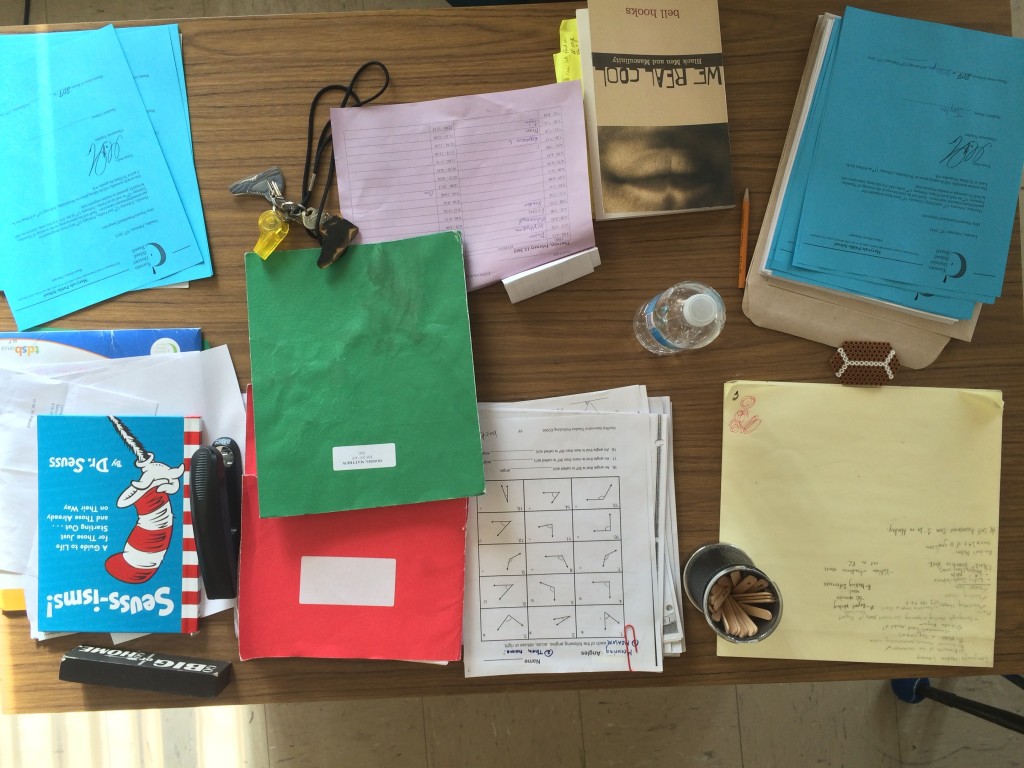We’ve all been there. That time of the year when the days seem longer than life itself and you have found yourself being that teacher you vowed to never be. Instead of having patience with your students and prioritizing your classroom synergy, you are focused on curriculum, grades, and to be honest, the next major break. Despite the sincerest efforts of the most passionate teachers, that lull seems to find its mark on an annual basis. With the dark days of winter, report cards, and being smack in the middle of another school year with no light at either end of the tunnel, it is hard finding joy around this time of year.
The following will not be an inspirational message intended to lift you out of your slumps by encouraging you to avoid hitting the snooze button on hump days. There is no, “remember, you are in it for the kids” sentiment coming throughout the following paragraphs. Instead, I ask you to implore the idea of why it is so hard finding joy for ten straight months of teaching. Let us start by interrogating why it is so challenging for teachers to continue to possess the same zest they maintained during September.
In the fall, there is really no pressure to complete units and assess students. During the early months, priority rests on building classroom synergy, learning about your students, and allowing students to learn your style (read: implementing your brand of classroom management). The “spark” we all have early dies down after Thanksgiving while building back up during the last few days before winter break. It is there when we come back to school after the New Year, but unlike the beginning of the school year, the saw we are expected to keep sharpened (sorry, I’ve been reading Covey’s 7 Habits) seems to erode into dullness quickly into January. For almost all schools, the pressures of report card season and the changing of semesters takes on added significance during this time of year. It seems that, on a macro level, the pressures of schooling children seems to take precedent over teaching children every now and then.
This is where we dig away towards a conversation regarding our ever-changing goals of education: What is our primary focus when we say we want to “prepare students for their future”? And perhaps to put it subtly in more complicated terms: Will we ever be able to balance district-wide requirements with “true learning” that happens through the natural circumstances that are created through day-to-day dynamics of that one teacher and her pupils?
Perhaps that understanding rests on the acknowledgment that alternative aspects of “schooling” children require that “both sides” of the coin find a compromise. We can all agree that report cards aren’t going anywhere for a while; but perhaps allowing teachers to form their own professional ethic in regards to when they get completed paves way for a more “true” learning experience. School boards can throw in a timeline that constricts the sending-home of said reports to a week or perhaps a month. Alternative assessment methods have been ushered in over the last few years. But let’s all be honest for a minute, “the test” is still king. Perhaps we extend the conversation around assessment in order to facilitate a compromise. It is indeed hard to balance accountability with practice and passion. But if we interrogate exactly why finding joy in teaching is so challenging to sustain on an everyday basis, perhaps we will uncover some strategies that will make everyone content and successful.
[share title=”Share this Post” facebook=”true” twitter=”true” google_plus=”true”]

